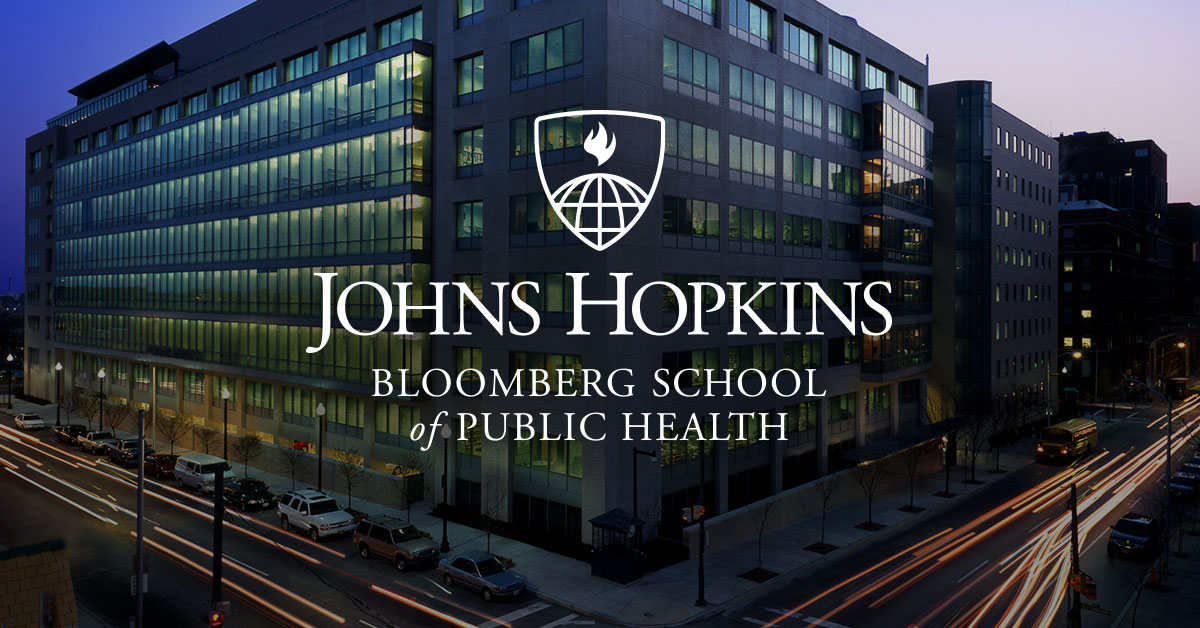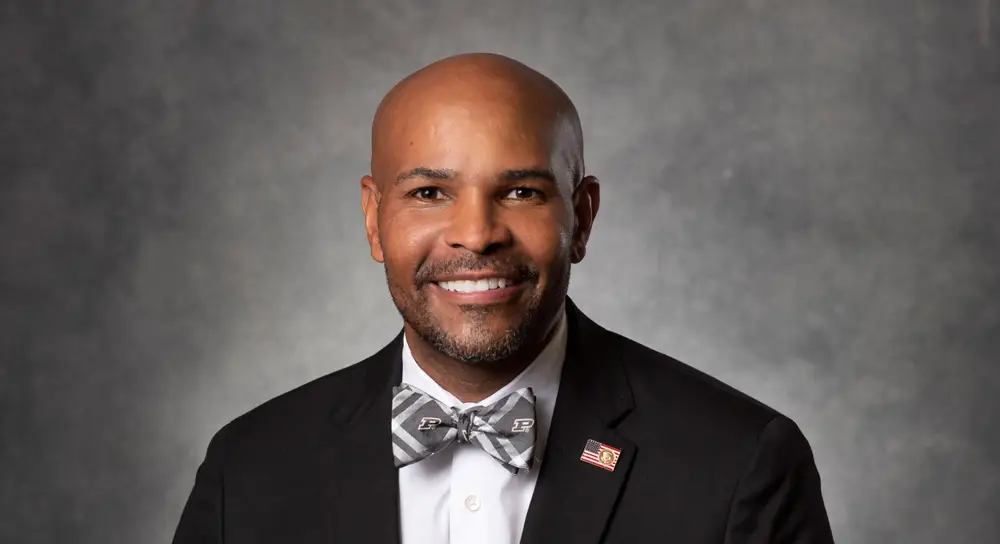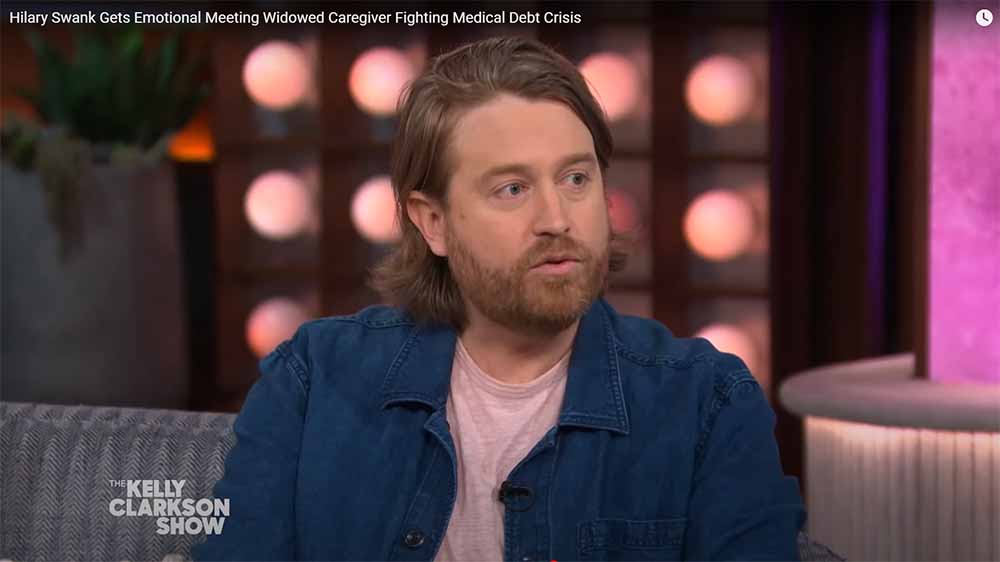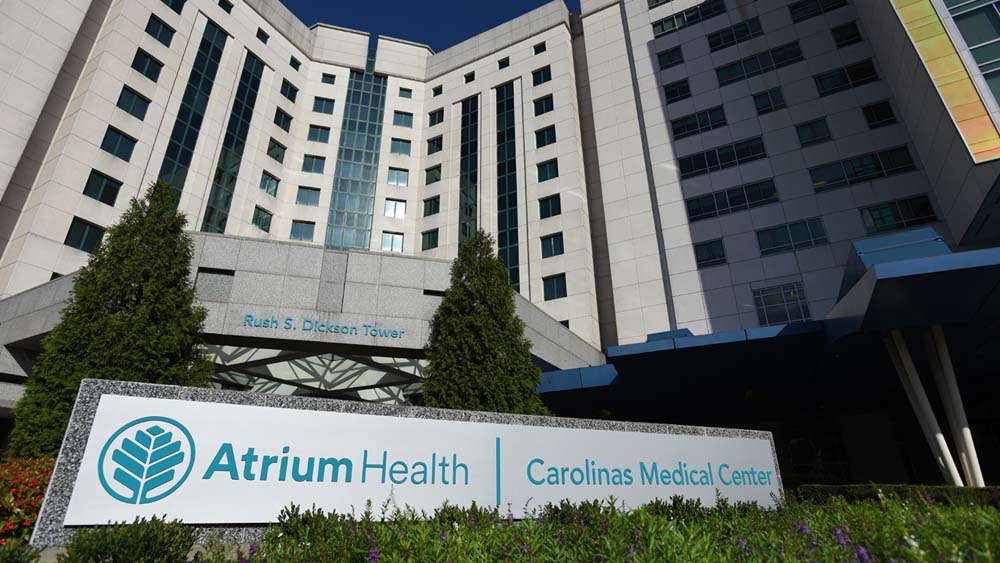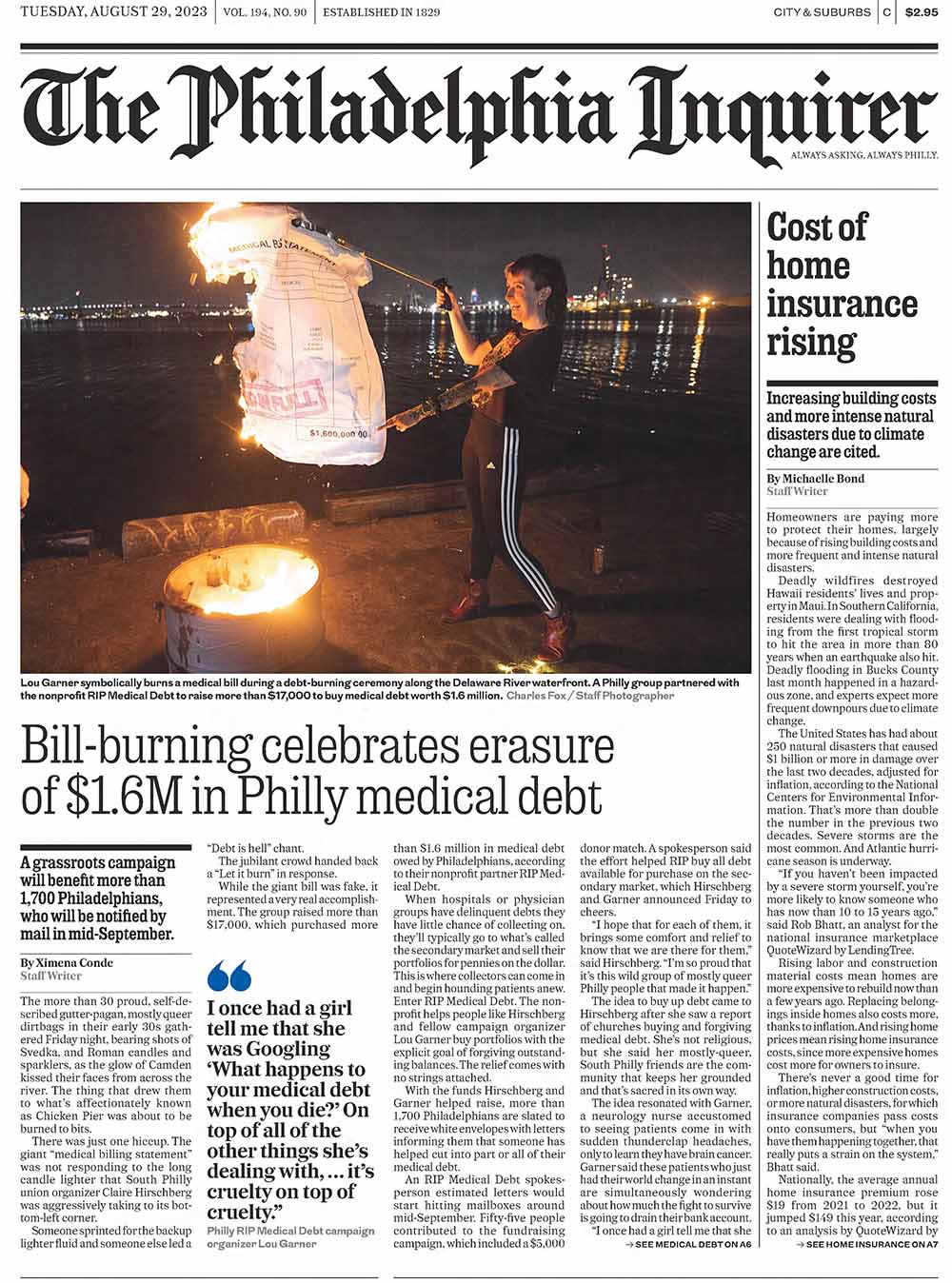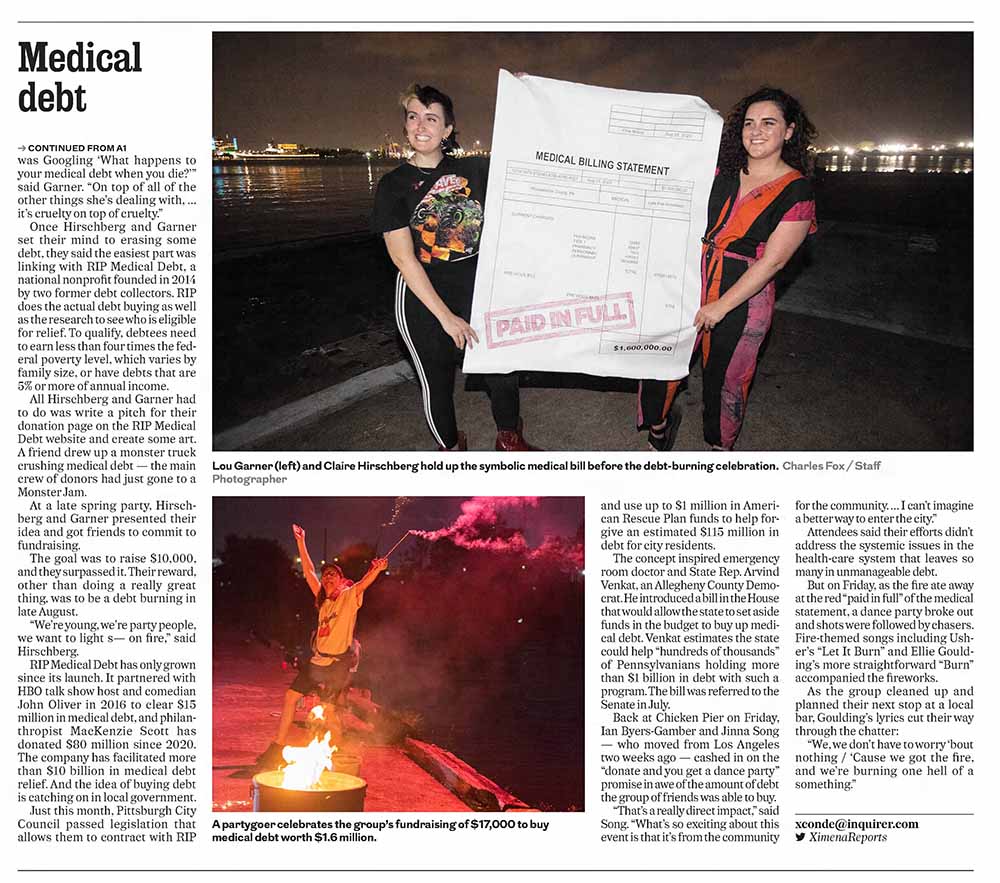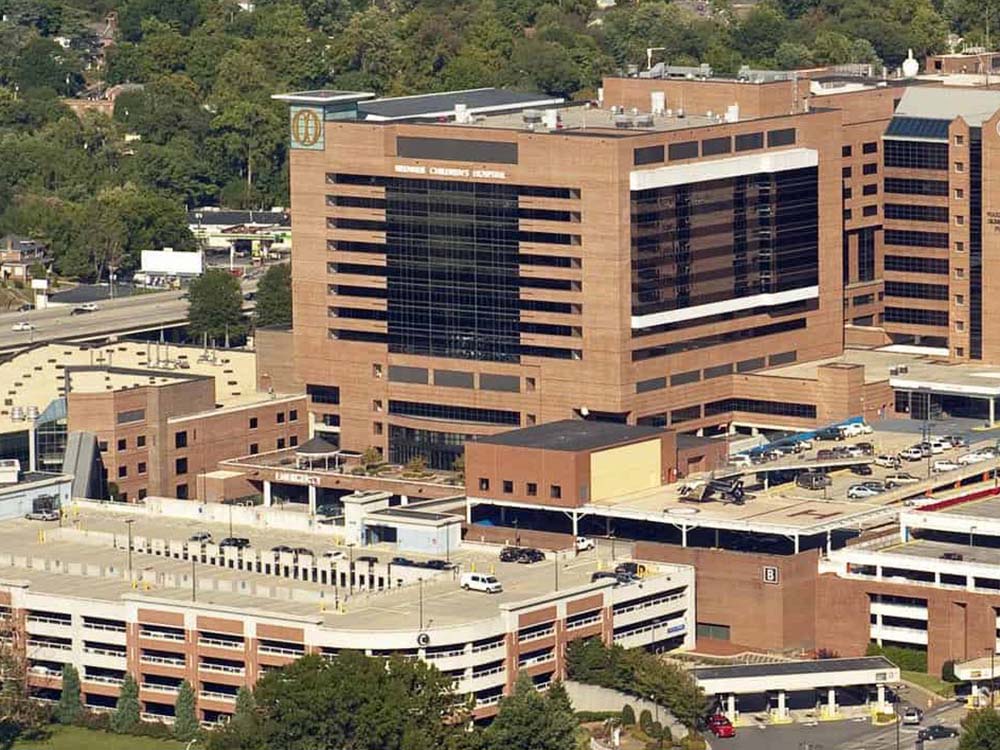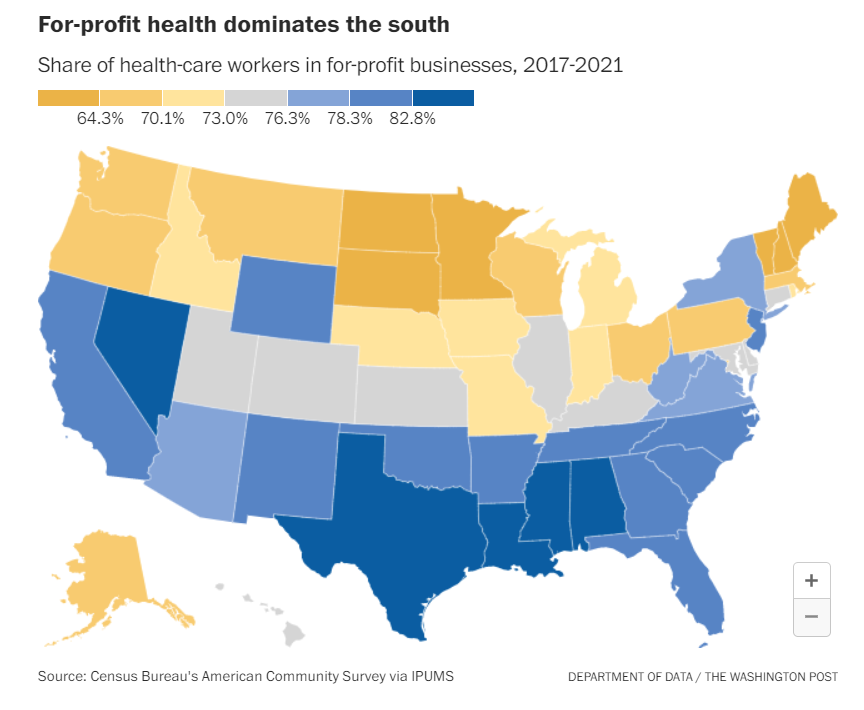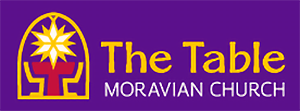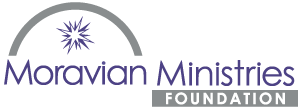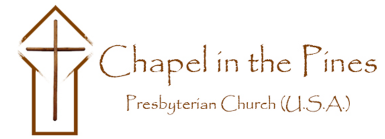We are excited to announce that the Moravian Church Board of World Mission, the Moravian Ministries Foundation, the Interprovincial Board of Communication, and the Commission on Congregational Development (Southern Province) have partnered with Debt Jubilee Project for an international campaign to relieve medical debt in the US and Honduras. As was announced this week at the Synod of the Northern Province, this campaign (which is separate from our local NC campaign) seeks to raise $50,000 in 50 days. 25% of the total will be used to forgive medical debts at the Clínica Evangélica Morava in Ahuas, Honduras; the other 75% will be used to forgive medical debts in areas of the US where the Moravian Church has a congregation or other presence.
To donate to this campaign, go to www.moravian.org/debtjubilee/
Here is the official news release:
The Debt Jubilee Project: For the Healing of the World is a collaborative effort of the Board of World Mission, the Moravian Commission on Congregational Development, the Moravian Ministries Foundation in America, and the Interprovincial Board of Communication. Based on our biblical call to care for the sick and our belief that healthcare is a fundamental human right, this project will work to offer grace and hope through the forgiveness of medical debt. Because our call is to our siblings in Christ here in North America and throughout the world, this project will forgive medical debt in the United States as well as at the Moravian medical ministry of the Clínica Evangélica Morava in Ahuas, Honduras.
Through this effort, we hope to build on the energy and witness of the recent work of Trinity Moravian Church in Winston-Salem, which raised about $15,000 earlier this year to forgive over $3,000,000 in medical debt. The Debt Jubilee Project; For the Healing of the World aims to provide an opportunity for more Moravians to join in this freeing and life-changing initiative. Our goal is to raise $50,000 in 50 days with the project concluding on August 13th.
75% of your gift will support the elimination of medical debt in the U.S. through a partnership with RIP Medical Debt, an organization that purchases medical debt for pennies on the dollar and erases that debt, which would otherwise have been sold to for-profit debt collectors. RIP Medical Debt only abolishes debt for those earning less than 4x the federal poverty level and/or hold debts of 5% or more of their annual income. The Debt Jubilee Project: For the Healing of the World will specifically forgive debts for those living in U.S. counties with a Moravian presence (through a congregation or ministry). The individuals and families who owe the medical debt purchased will receive a letter informing them that their debt is forgiven. Jubilee!
25% of your gift will buy debt owed by patients of the Clínica Evangélica Morava, a Moravian medical ministry in Ahuas, Honduras, that has been serving the remote area of La Mosquitia for over 75 years. Medical debt held in this area is a burden on the indebted patients, the clinic, and the community as a whole. The individuals and families who owe the medical debt purchased will receive notice informing them that their debt is forgiven. Jubilee!
Learn more and donate at www.moravian.org/debtjubilee/.
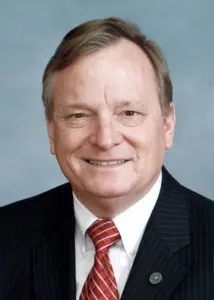 Fewer than 25 hospitals exceeded the value of their tax exemption with the amount of their charity care spending in North Carolina. Our analysis suggests that North Carolina’s largest nonprofit hospital systems reaped tax breaks worth more than an estimated $1.8 billion in 2019-2020. Across the majority of these systems, charity care spending did not exceed 60% of the value of their tax breaks. On average, North Carolina hospitals were far more profitable than the national average. But one in five families in North Carolina has medical debt in collections.
Fewer than 25 hospitals exceeded the value of their tax exemption with the amount of their charity care spending in North Carolina. Our analysis suggests that North Carolina’s largest nonprofit hospital systems reaped tax breaks worth more than an estimated $1.8 billion in 2019-2020. Across the majority of these systems, charity care spending did not exceed 60% of the value of their tax breaks. On average, North Carolina hospitals were far more profitable than the national average. But one in five families in North Carolina has medical debt in collections.

